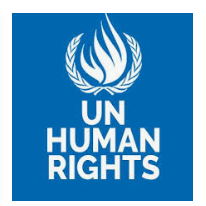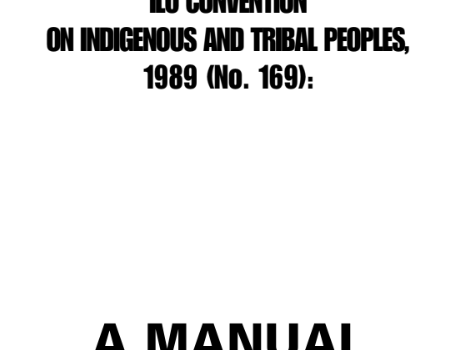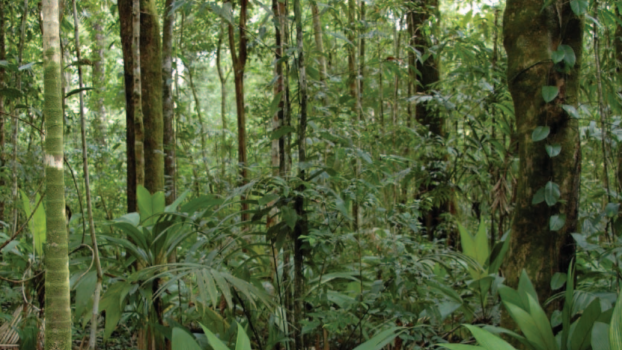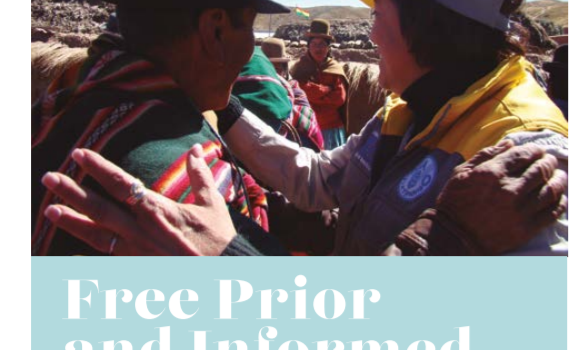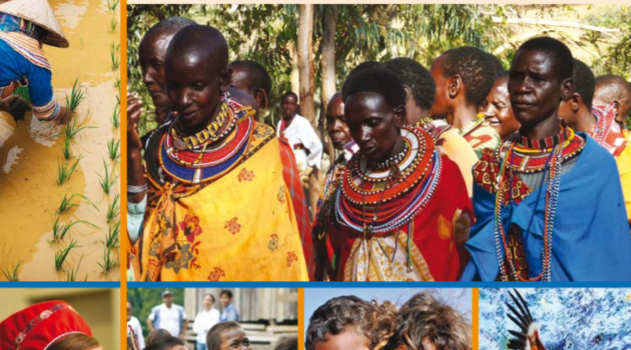This study outlines international and regional standards on indigenous peoples’ rights to language and culture, describes the relationship between indigenous cultures and languages to their self-determination and rights to their lands, territories and resources and analyses indigenous peoples’ languages and
EMRIP Study on Indigenous Languages
